For decades, Florida has been considered an idyllic paradise for retired Americans. From the gorgeous beaches to affordable condos, perfect weather all year round, and no retirement taxes, the Sunshine State was once considered absolutely perfect.
However, in recent years, living in Florida has become far more expensive. Home insurance and homeowners association fees have skyrocketed, and many retirees say they can no longer afford to live there.
Florida Is no Longer the Best State for Retirees
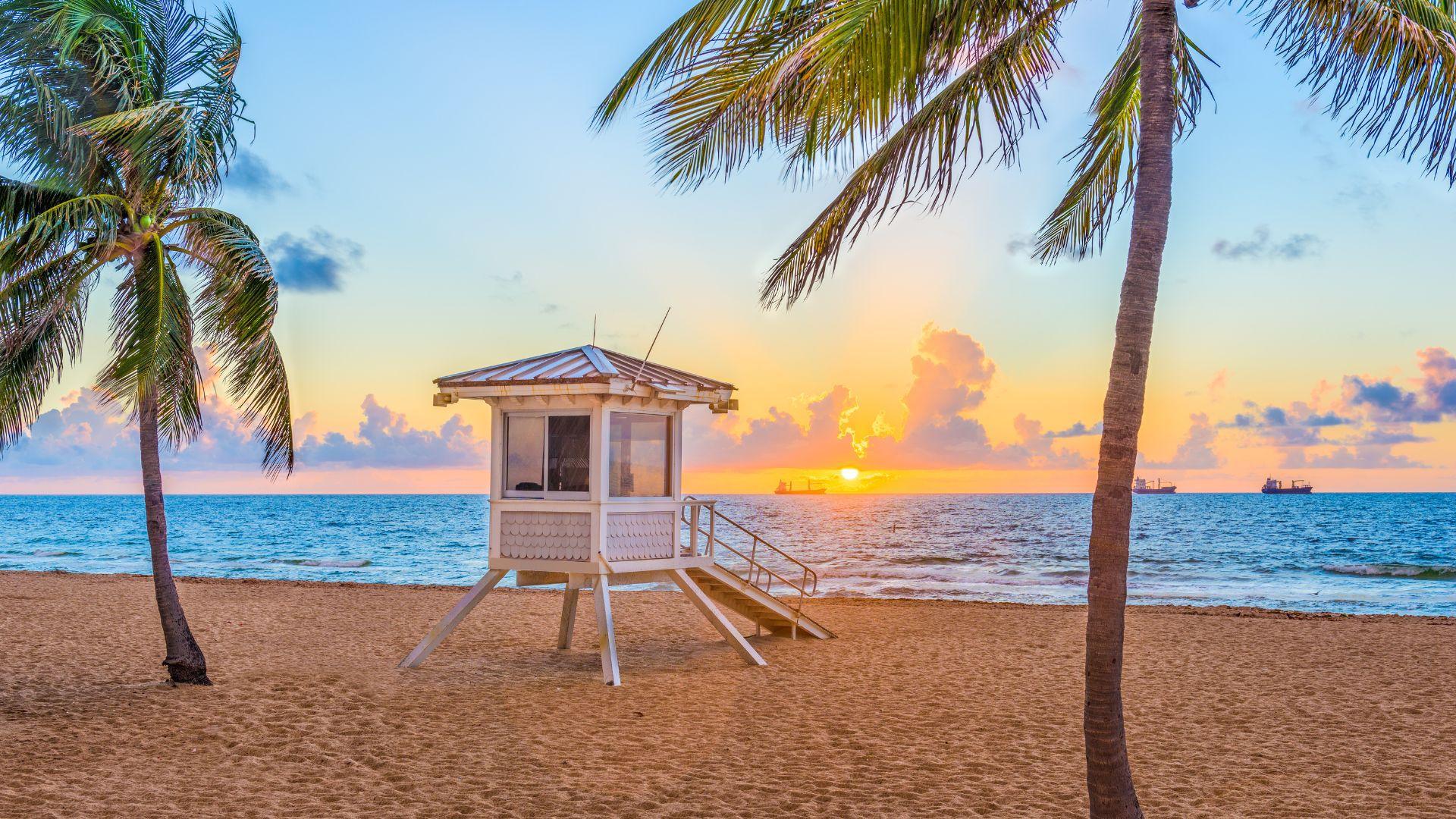
According to a survey conducted by Bankrate, Florida ranked just eighth among the best states for retirement, a substantial drop from its former position at the number one spot.
Alex Gailey, a Bankrate analyst, explained, “Ten years ago, Florida would’ve been a no-brainer for retirement. But with skyrocketing home prices, property taxes, and homeowners insurance, it’s worth taking a pause to make sure you can afford the retirement lifestyle you want in Florida.”
Why Is Florida no Longer the Perfect State for Retirees?

As Gailey mentioned, there are essentially three reasons why Florida is no longer the best state for retirees: increased housing prices, property taxes, and homeowners insurance.
But there’s also a fourth: the growing cost of homeowners association fees. Some say that these increases are inevitable and based almost entirely on inflation, but others blame the state’s governor, Ron DeSantis, for the frustrating jump in prices.
Homes in Florida Are More Expensive Than Ever

First, Florida’s homes and condos are more expensive than they once were. Currently, the median Florida home price is $399,130, which is 292% more than the median price of 2010, which was just $136,600.
Of course, housing costs are higher everywhere in the country, but Florida’s median is still 9.5% more than the national average.
Property Tax Increase in Florida

In 2019, the median annual property tax in Florida was just $2,226, but in 2023, it jumped to $3,003. And that number has continued to grow as the cost of homes throughout the state increased.
Florida’s property tax rate is 0.89%, which is higher than the rate of 23 other US states and lower than 25. So, realistically, the rate isn’t necessarily the problem; it’s the increasing cost of homes that’s escalating the property taxes.
Homeowners Insurance Companies Are Charging Florida Residents a Fortune

Meanwhile, the cost of homeowners insurance in Florida has increased by more than 40% in just one year.
While some insurance companies have abandoned the state altogether due to increased costs of business, others have surged their premiums for existing and new customers in response to the swell in extreme weather throughout the state.
Insurance Skyrockets in Florida

Many Floridians are facing an insurance crisis. Hurricanes and litigation have made it tough for homeowners to protect their property. Many insurance companies have pulled back, left the state, or called it quits.
For those who do have insurance, they are paying some of the highest rates in the nation.
Limited Options for Protecting Homes
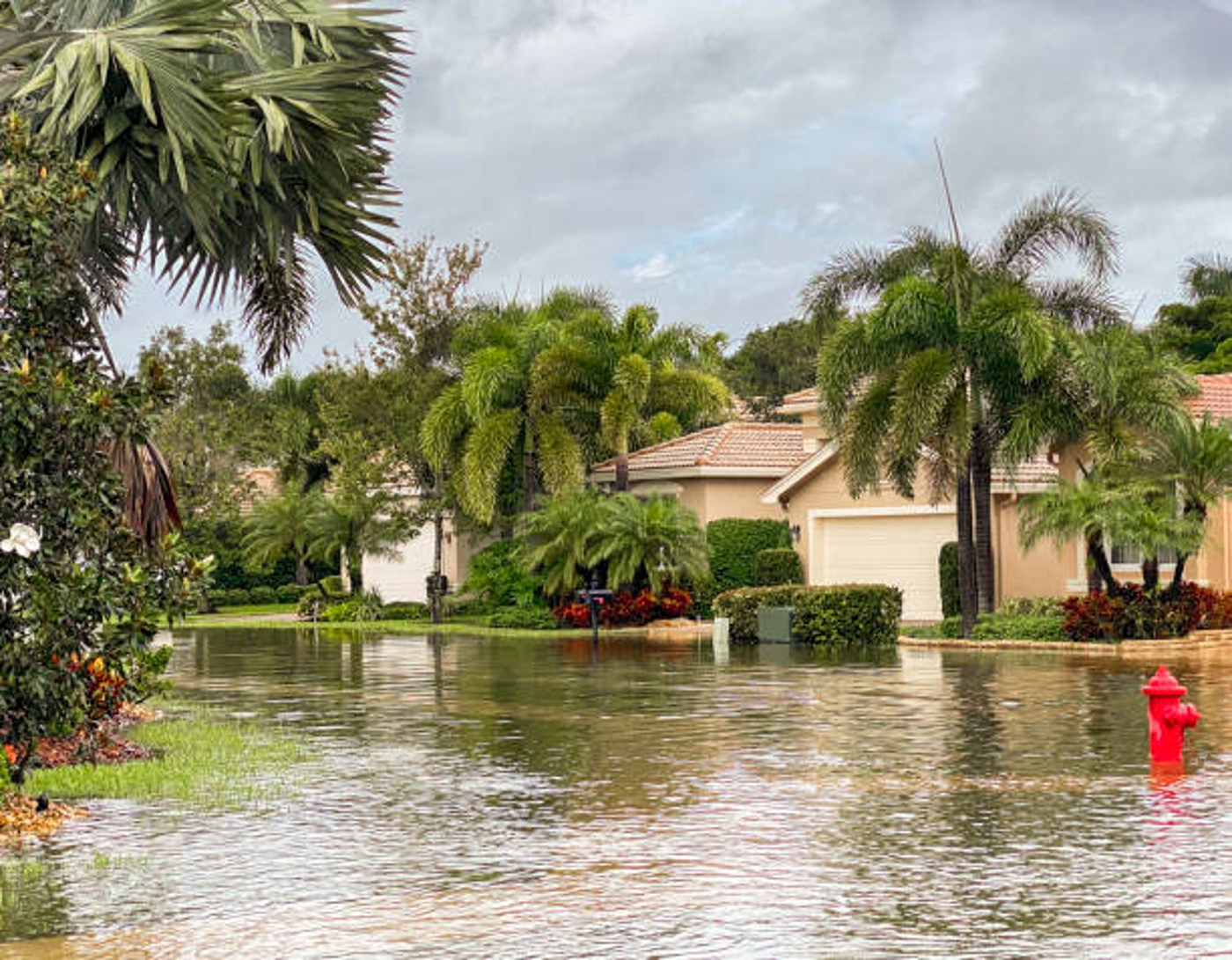
The property damage wouldn’t be as concerning if there were affordable insurance options available. However, like in California, Floridians are struggling to find coverage.
Insurance companies that remain in the state have raised their prices so much that many residents can’t justify spending a large portion of their fixed income on necessary protection.
DeSantis’ Recent Bill Also Increased Homeowners Association Fees

As previously mentioned, some believe that the increased cost of purchasing, insuring, and paying taxes on homes in Florida is really no one’s fault. However, there’s no question that Governor DeSantis is to blame for the increased homeowners association fees.
The Republican leader signed a new condo regulation bill into effect earlier this summer, and it stimulates that HOAs throughout the state will now have to charge residents for home inspections. Some of these inspections are costing Florida homeowners an additional $60,000 to $100,000 this year.
The Cost of Living in Florida Has Also Jumped

Of course, the cost of housing and homeownership fees are not the only factors making Florida less desirable for American retirees. The growing cost of living is also a factor.
According to data collected by the Bureau of Labor Statistics, the price of groceries in Florida has risen by 24.7% since March 2020. And the overall cost of living has increased by 4.1% since 2023 and by more than 11.5% since 2010.
The Growing Threat of Natural Disasters.
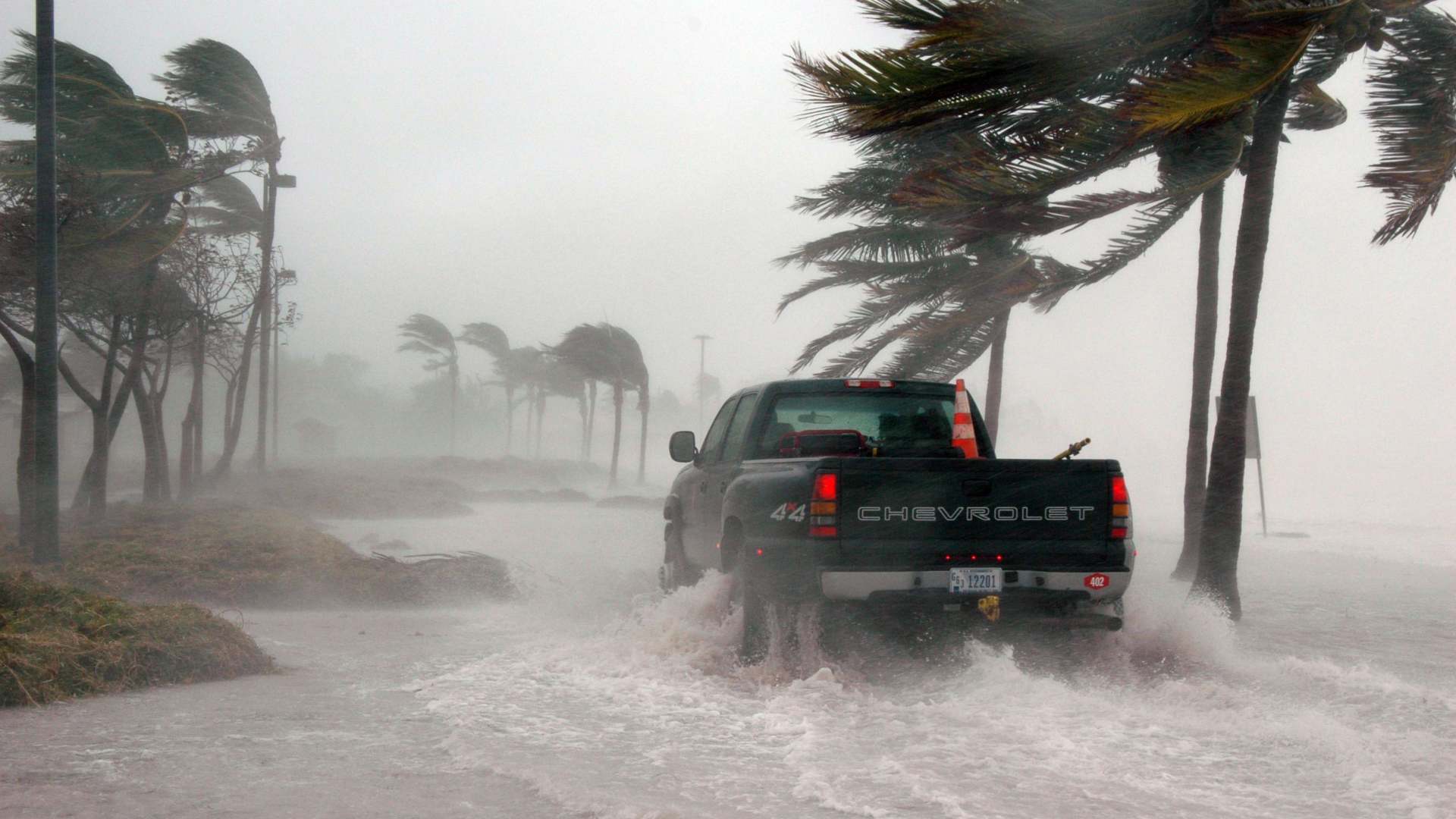
Heat isn’t the only challenge facing Florida residents. The increasing frequency of hurricanes has led to prolonged power outages and significant property damage as the weather continues to worsen.
“The storms are getting worse and worse, and people are in denial if they don’t want to see that,” Alisa Newsman told Realtor.
The Weather Isn’t as Perfect as It Used to Be
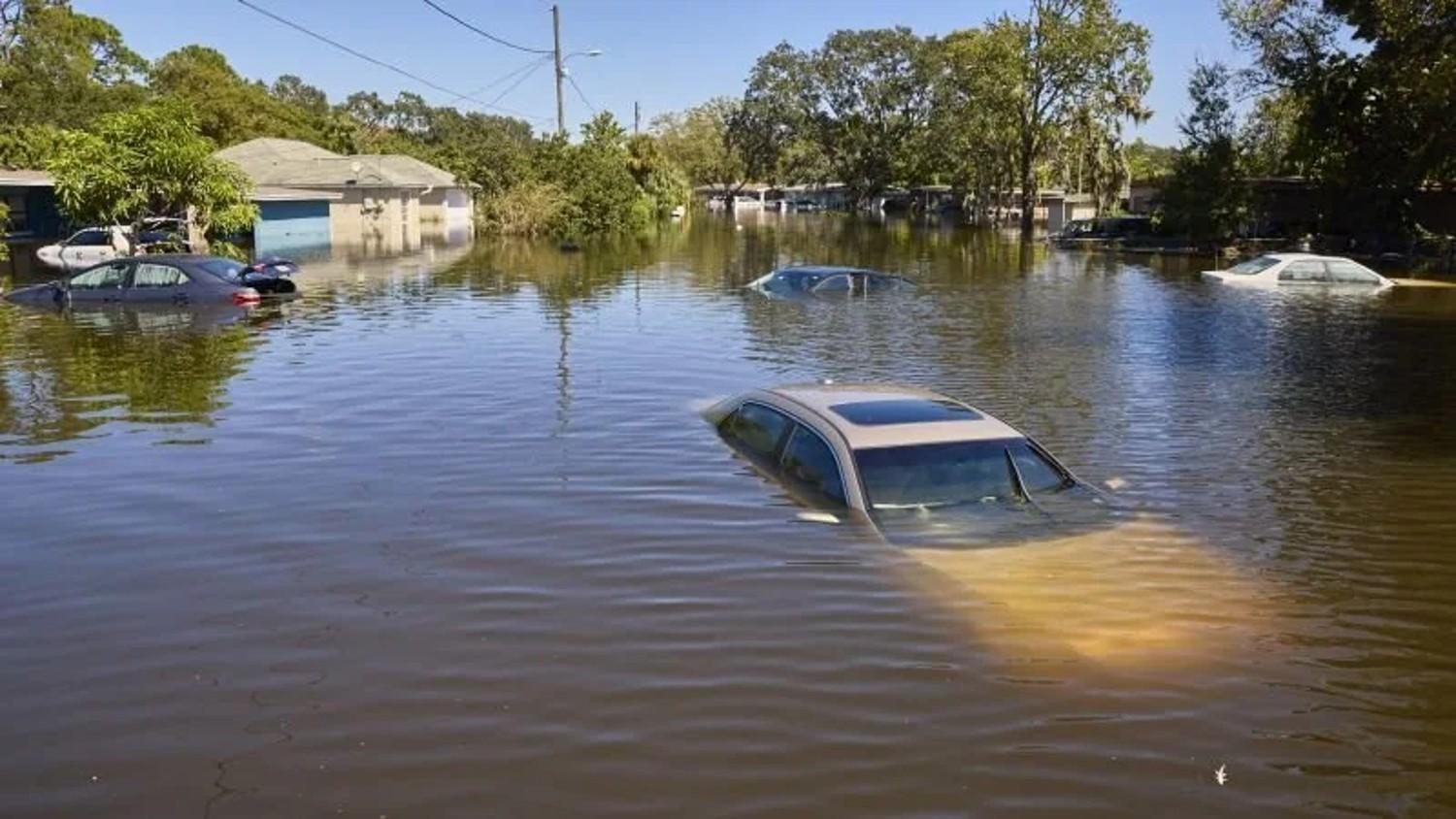
Although affordability is certainly a driving factor for most retirees when deciding where to live out their later years, another is weather. Seniors don’t want to be worried about cold fronts or heat waves; they just want to be comfortable.
But thanks to the increasingly concerning side effects of climate change, Florida is experiencing more extreme flooding, heat waves, severe storms, and hurricanes than ever before. This reality, of course, makes Florida far less idyllic than it once was.
The Heat Becoming Unbearable

While sunny weather is often ideal, Florida residents are finding the heat increasingly unbearable. Rising temperatures have pushed the heat to extreme levels, with some claiming it’s already 80 degrees as soon as the sun comes up.
Those seeking relief at the beach may be disappointed. Many beaches are closed for swimming during the summer because the water has become too hot.
Many Florida Retirees Have Decided to Abandon the Once-Great State

Because of these many reasons, many retirees have either already decided or are seriously considering leaving the Sunshine State behind.
Florida is still considered one of the most popular states for retirees from elsewhere in the country. However, they may change their minds when they realize just how expensive it’s becoming to live there.
Florida Still Has a Lot to Offer… It’s Just More Expensive

It’s important to note that, aside from the growing cost of owning a home and living in the Sunshine State, Florida still has quite a lot to offer retirees.
The lack of retirement tax is still a real draw for many elderly Americans, as is the warm weather, beaches, substantial options for outdoor recreation, and generally low taxes. For those who can afford a slightly more expensive home, Florida is definitely still a popular choice.
Gathering the Data

To create the analysis of the best states to retire to, Bankrate used data from several sources, including the Tax Foundation, the Council for Community and Economic Research, the US Census Bureau, and the National Oceanic and Atmospheric Administration.
All 50 states were evaluated across five categories: affordability, overall well-being, quality and cost of health care, weather, and crime.
The Midwest and South: Prime Living Destinations

A review of the top retirement spots in the US, as reported by Bankrate, reveals an intriguing trend: the Midwest and South are prominently featured among the best destinations for retirees.
In contrast, the Northeast and West Coast rank lower, primarily due to their high cost of living.
1. Delaware: The New Number-One Place to Retire
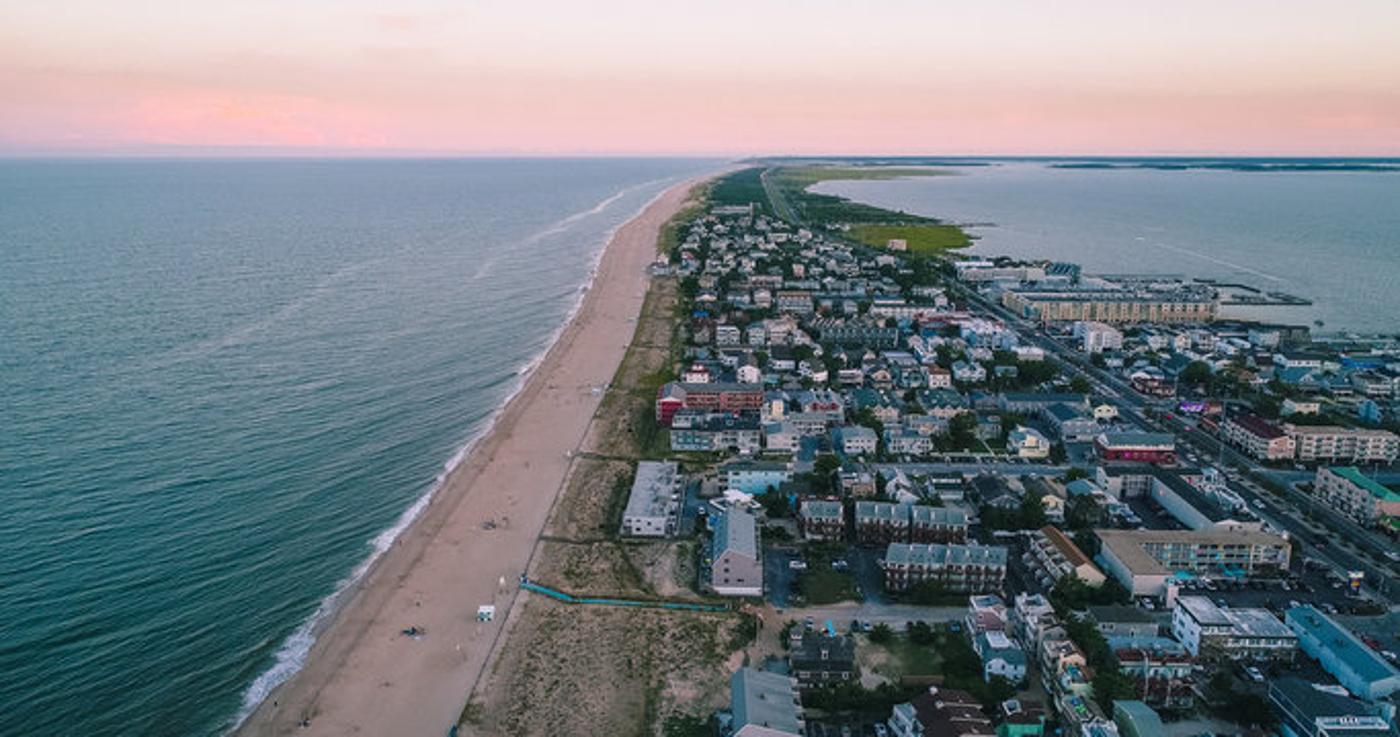
However, according to the Bankrate survey, Delaware is now the number-one state for American retirees. While the weather isn’t quite as pleasant as it is in Florida, Delaware still offers gorgeous beaches, substantial recreation options, and light tax burdens.
Plus, homes are more affordable, home insurance is cheaper, homeowners associations charge far less, and property taxes are exceptionally low. All of which Florida can no longer offer.
The Draw to Delaware

Democratic State Senator Stephanie Hansen noted that low property taxes is what draws most retirees to Delaware (via Newsweek).
“My Senate district is located in one of the fastest-growing areas in Delaware. Here, in southern New Castle County and the Town of Middletown, many new residents are moving from New York, New Jersey, Pennsylvania, and other nearby states because of our relatively low property taxes and the proximity to the beach,” Hansen said.
2. West Virginia: Take Me Home, Country Road

West Virginia closely follows Delaware as an excellent retirement destination due to its affordability and low taxes. The state’s mild climate and stunning natural landscapes make it an attractive option for retirees eager to enjoy the outdoors.
Additionally, West Virginia provides several tax advantages, including an exemption from state income tax for Social Security benefits.
3. Georgia: A Peach of a Place to Live

Georgia offers retirees a comfortable lifestyle with its mild climate and low cost of living. The Peach State is also home to top-notch healthcare facilities, particularly in its larger cities like Atlanta, Augusta, and Savannah.
Like West Virginia, Georgia is rich in natural beauty, from historical landmarks to urban attractions, ensuring there’s always something to explore.
4. South Carolina: Still a Great Retirement Destination

South Carolina has long been considered a top retirement spot due to its affordable cost of living and tax benefits. Recently, it has climbed into the top ten best states for retirement, thanks to its improved affordability.
The state also offers stunning beaches for summer enjoyment and a mild winter that encourages outdoor activities.
5. Missouri: An Affordable Place to Call Home

With its mild climate and affordable cost of living, Missouri is an appealing choice for retirees. Its central location in the US makes it easy to travel to other parts of the country, which is convenient for those looking to visit family or explore new places.
Missouri also offers a diverse range of attractions, from museums and concerts to sports and natural beauty, including the Lake of the Ozarks.
Florida Isn’t a Lost Cause
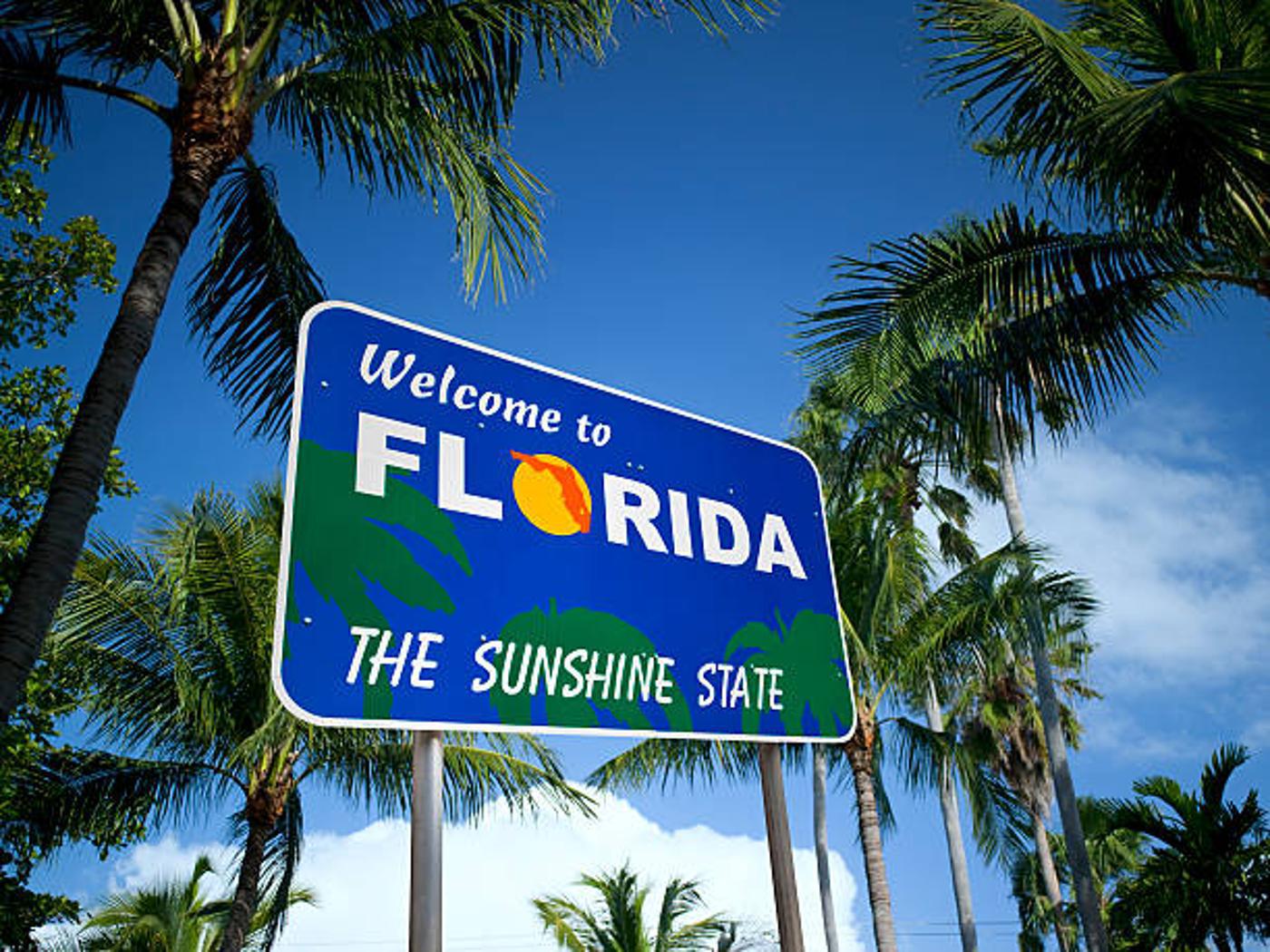
Despite its drawbacks, Florida still ranks eighth in the Bankrate report for the best states to retire.
This serves as a reminder that while affordability is essential, other factors such as recreational activities, climate, and proximity to family also play a crucial role in selecting the ideal retirement destination to meet an individual’s needs.








































